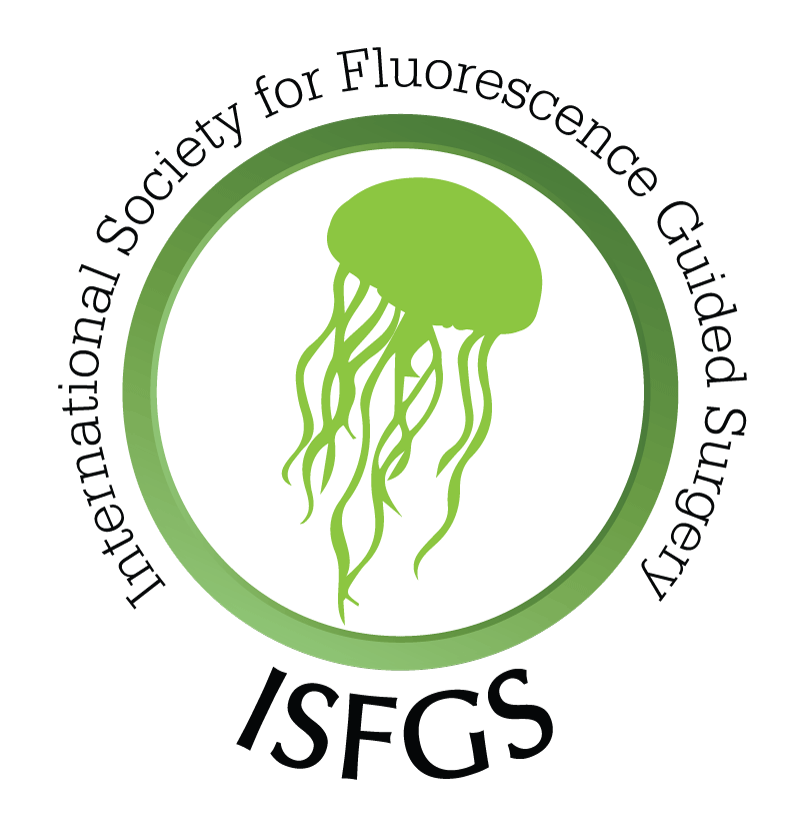The 22nd Surgery of the Foregut Symposium/10th Congress of the International Society for Fluorescence Guided Surgery is taking place at the Margaritaville Resort in Hollywood, Florida, on March 17-19, 2025. On March 17, in conjunction with the Florida/Puerto Rico/Caribbean Chapter of ASMBS, the course will present a full-day seminar on prevention, medical and surgical management of obesity, Metabolic Surgery: Beyond Weight Loss. On March 18, in conjunction with ISFGS, we will review new technology and techniques in surgery of the foregut and fluorescence guided surgery. On March 19, we will present interesting cases and abstracts submitted to the conference.
As in previous years, a “first-class” group of world-renowned surgeons, gastroenterologists and oncologists has been invited to share their expertise and updates on the most recent technological and therapeutic advances in this steadily evolving field. Since 1999, this course has become one of the most prestigious forums in the field of foregut surgery with attendees and faculty travelling from around the globe. This important educational activity also provides a forum for interaction between individuals involved with all aspects of foregut, metabolic, bariatric and fluorescence guided surgery, as well as the opportunity to converse with colleagues and key opinion leaders.
This year's program will again include an updated extensive review of artificial intelligence, machine learning and robotic surgery, and how surgeons from around the globe are incorporating these tools of the future into their practices today.
By Participating, You Will Be Able To:
- Update new indications to perform bariatric procedures following the new IFSO/ASMBS guidelines
- Review new techniques to manage complications and recurrent weight gain after bariatric procedures
- Review indications and contraindications for use of medical treatment of obesity using GLP-1 agonists
- Implement fluorescent image guided surgery to perform common foregut and hindgut operations
- Demonstrate how patients will benefit by use of near-infrared imaging modalities in surgical procedures
- Review outcomes of FIGS implemented in different disease processes
Who Should Attend?
This activity is targeted to a national and international audience of practitioners and health care professionals, and is designed for physicians, surgeons, fellows, residents, nurses, and allied health professionals in the fields of fluorescence guided surgery, esophagus and diaphragm surgery, surgical endoscopy, general surgery, hepato-pancreatic and biliary surgery, as well as laparoscopic and bariatric surgery.
Endorsements
This year’s program is endorsed by:






